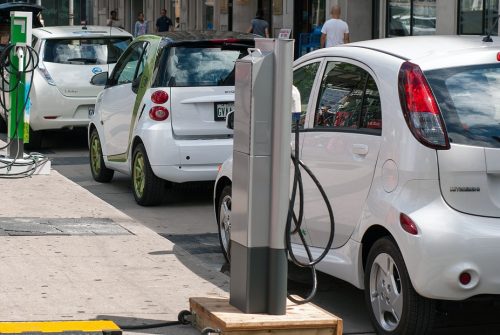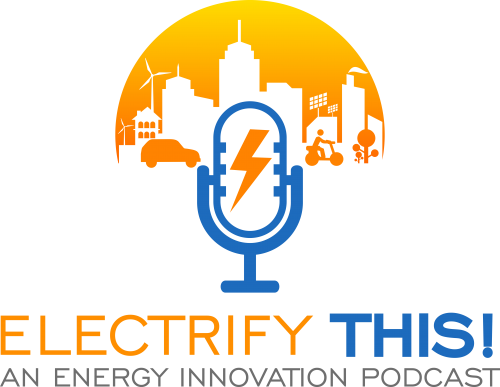Electrification refers to replacing technologies that run on fossil fuels with viable alternatives that run on clean electricity, like electric vehicles, heat pumps for space and water heat, and induction stoves. As we accelerate efforts to deploy more clean energy, the strategic electrification of our buildings, vehicles, and many industrial machines will shift these end-uses to run on clean electricity, thereby reducing climate emissions across all sectors of our economy. Electrifying our economy by midcentury will benefit the climate and people, especially through improved air quality and public health.

Since every new fossil-fueled car, building appliance, and industrial machine locks in emissions for decades, this transition must start today. Policy approaches vary by sector and must address both retrofits and replacement as well as new equipment. Strong codes and standards for vehicles, buildings, appliances, and equipment will expedite the transition to efficient, all-electric technologies and create a level playing field for the transition. Incentives, financing, and smart rate design for electrification in mind will support widespread uptake of highly-efficient electric equipment, appliances, and vehicles. Ensuring lower-income households, historically underinvested communities, and people living in multi-unit housing have equal access to electric technologies requires bespoke approaches that help overcome known barriers to adoption.
In addition, electrification of more sectors of the economy will require the build out of new infrastructure (like EV chargers for transportation electrification) and streamlined interconnection of clean energy resources to meet increasing demand for power. The reliability and resilience of the clean grid is paramount in this transition.
Podcast

Electrify This! is a podcast focused on electrification as a primary pathway to decarbonize and revitalize our economy. Featuring diverse experts from around the world, the show examines the most important policy, regulatory, and market issues surrounding the shift to electrified transportation, buildings, and industry. Electrify This! helps demystify issues surrounding the transition to clean electricity and the electrification, focusing on successes, challenges, and solutions. Electrify This! is an original Energy Innovation podcast hosted by Sara Baldwin, Senior Director of Electrification.
Our Work
Scaling up electrification across several sectors requires a multi-faceted approach at the federal, state, and local levels. Our work supports policymakers and regulators as they navigate new challenges and opportunities in the era of electrification. We provide analysis, research, and thought-leadership to support informed decision-making. Some of our recent work includes:
- Providing Guidance to State Energy Offices on the Inflation Reduction Act Home Energy Rebates, including a report and case studies that highlights program design features that can help states target low-to-moderate income households, multifamily housing, and other underserved markets. A related report, Implementing the Inflation Reduction Act: A Roadmap for Federal and State Buildings Policy, explains how states can leverage the IRA to reduce building sector pollution, increase building efficiency and performance, and reduce consumer energy bills.
- Analyzing the impacts of the Inflation Reduction Act’s vehicle incentives on electrification rates for light and heavy-duty vehicles in the U.S. through 2035. Developed jointly with the International Council on Clean Transportation, this report provides insight on the impact of new incentives to achieve broader transportation electrification goals. A related analysis, Implementing the Inflation Reduction Act: A Roadmap for Federal and State Transportation Policy, explains how states can leverage the IRA to reduce their state’s transportation sector pollution and attract new industries and jobs to their state.
- An EV Fill Up Tool that provides a comparison of what it costs to fill up a gas-powered vehicle compared to EV alternatives, based on the average gasoline and electricity prices in a selected state, and a vehicle’s average range on a fully charged battery or tank of gas.
- Providing utility regulators with insights and considerations as they respond to requests from utilities to approve hydrogen blending proposals for buildings and the electricity sector, outlining key recommendations in our report, Assessing the Viability of Hydrogen Proposals: Considerations for State and Utility Regulators and Policymakers
